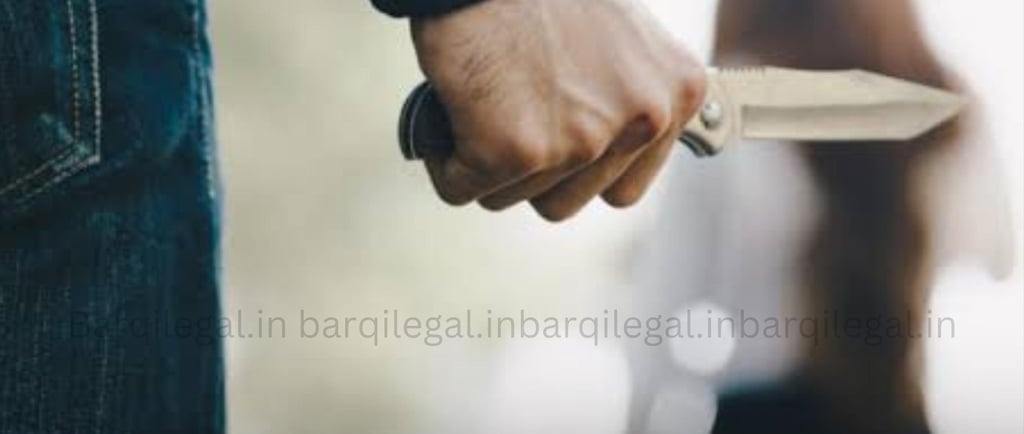Kerala High Court: Attempt to Murder Cases May Be Dismissed if Settled Amicably
Kerala High Court recently ruled that attempt to murder cases, punishable under Section 307 of the Indian Penal Code (IPC), may be quashed based on a settlement between the parties in certain circumstances. Section 307, now replaced by Section 109 of the Bharatiya Nyaya Sanhita, 2023, is a non-compoundable offence, meaning that prosecution cannot ordinarily be dropped due to a compromise.
12/21/20242 min read


Kerala High Court recently ruled that attempt to murder cases, punishable under Section 307 of the Indian Penal Code (IPC), may be quashed based on a settlement between the parties in certain circumstances. Section 307, now replaced by Section 109 of the Bharatiya Nyaya Sanhita, 2023, is a non-compoundable offence, meaning that prosecution cannot ordinarily be dropped due to a compromise. However, the Court referred to the Supreme Court’s guidelines in Madhya Pradesh v. Laxmi Narayan & Ors., which allow for compounding in non-compoundable offences under specific conditions. Justice A. Badharudeen emphasized that such cases could only be quashed after the final report is filed, and only if the prosecution evidence, including the nature and location of injuries, does not indicate the commission of the offence.
The Court highlighted that any decision to quash must involve an assessment of the severity of the injuries, the body parts affected, and the type of weapon used. If the injuries are found to be on vital or delicate areas, or if the evidence strongly supports a charge under Section 307 IPC, the court should not permit settlement. Conversely, if a prima facie assessment suggests that the Section 307 charge was unnecessary, the court may accept the plea for compounding based on the settlement.
The ruling came in a case involving Arshad, who was accused of attempting to murder a woman with whom he was in a relationship. According to the allegations, Arshad stabbed the woman on her shoulder with a knife, threatening to kill her after their relationship deteriorated. He was charged under various sections of the IPC, including Section 307. Arshad petitioned the High Court to quash the case, citing an amicable settlement between him and the complainant, who also confirmed that she did not wish to pursue the matter further.
While the Public Prosecutor acknowledged the settlement, he opposed the plea to quash, arguing that attempt to murder is a non-compoundable offence. However, the High Court observed that the medical evidence did not indicate injuries to any vital areas of the woman’s body. Consequently, the Court determined that the allegation of an attempt to murder was not substantiated. It ruled in favor of quashing the case, emphasizing that the settlement between the parties justified the decision.
In its order, the Court stated: “I am inclined to allow the prayer for quashment at the instance of the petitioner, on the strength of settlement, where the injured person supported settlement.” Advocate K. Reeha Khader represented Arshad, while Advocate N. Jishine Babu appeared for the complainant. Senior Public Prosecutor Renjith George represented the State.
